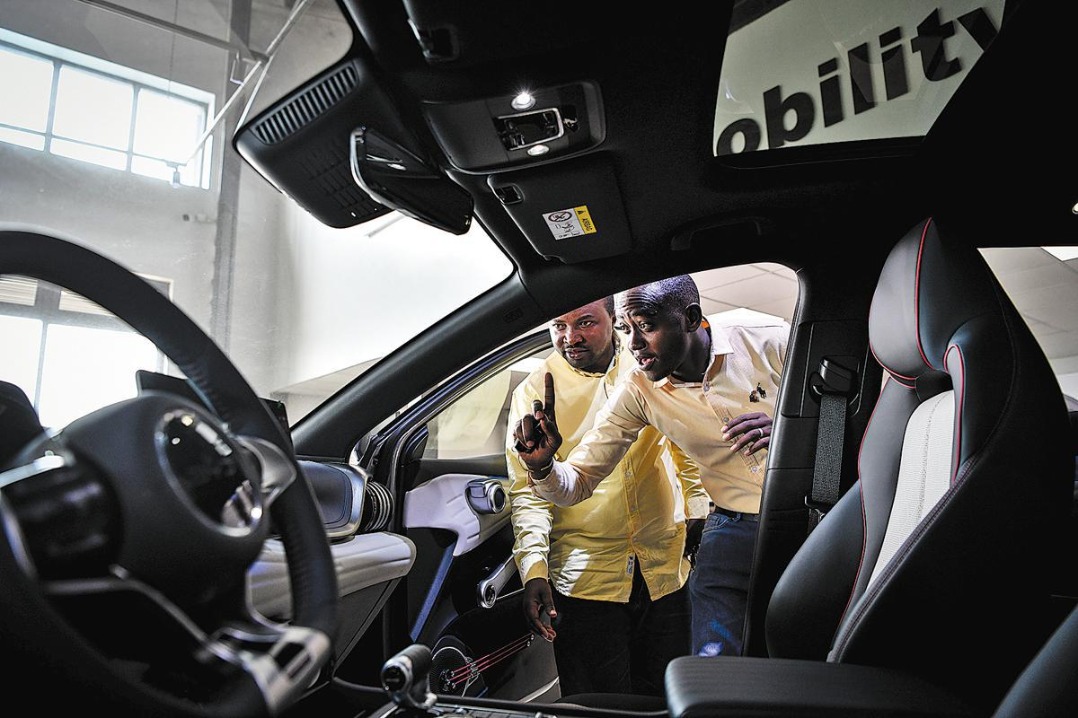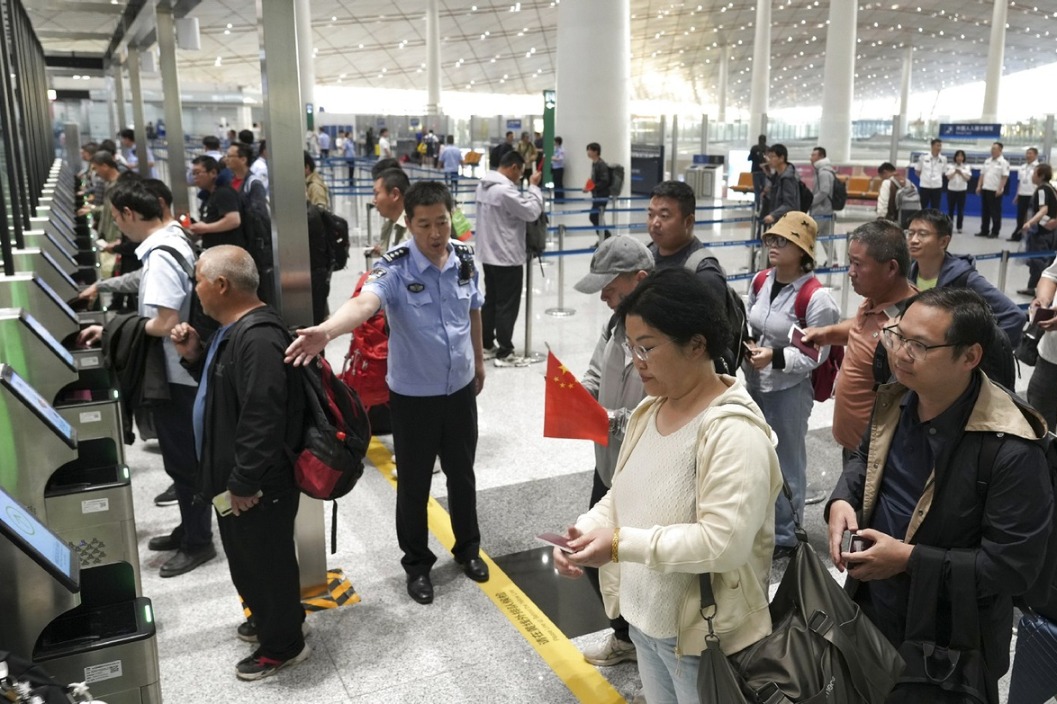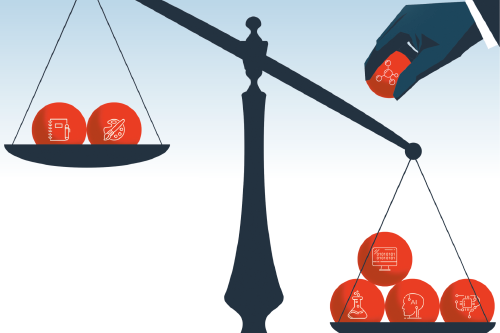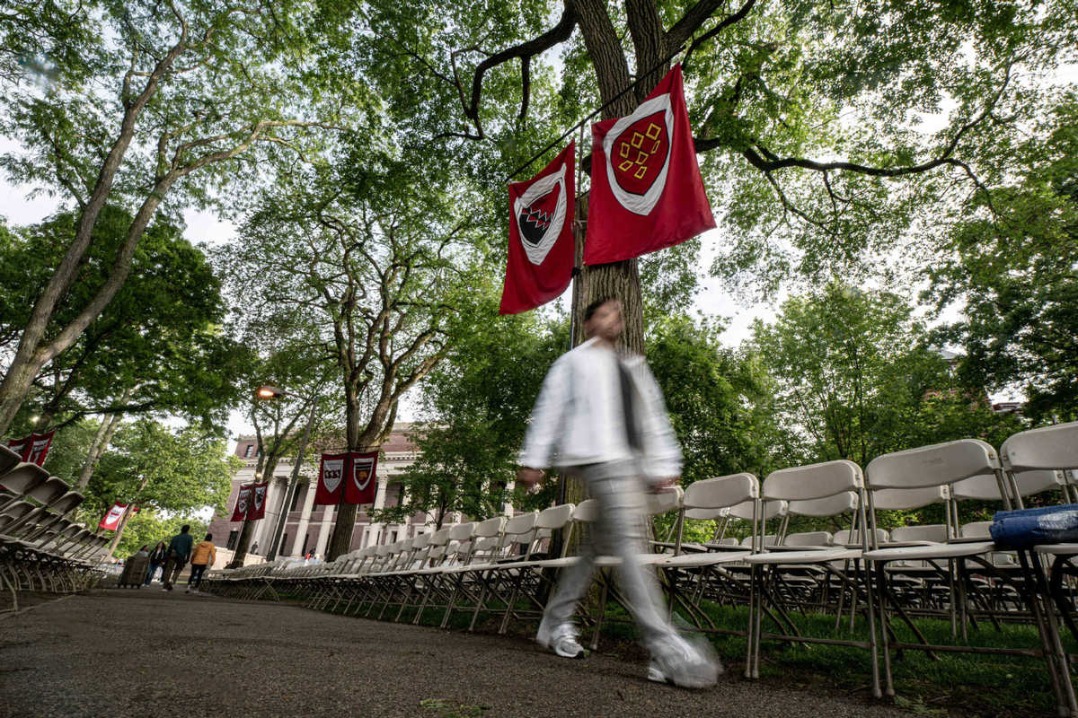Belgium latest country to tighten border
By Julian Shea in London | chinadaily.com.cn | Updated: 2025-06-23 00:50
Belgium has become the latest member of Europe's Schengen visa-free movement group to reintroduce controls at some of its borders.
The Schengen zone, which was established 40 years ago by five countries, including Belgium, was founded to enable quicker, easier crossing of internal borders and has grown to consist of 25 European Union member states and four other European countries.
Bulgaria and Romania are the most recent new members, and the free access applies to 450 million people, with the European Commission saying that 3.5 million internal border crossings take place each day.
But just days after the 40th anniversary, Belgium announced the reintroduction of targeted checks on specific transport routes, including bus services, trains, and some flights.
"We will no longer tolerate Belgium being a magnet for those rejected elsewhere," Minister of Asylum and Migration Anneleen Van Bossuyt posted on X, saying the country was determined to take a stance against "illegal migration" and "asylum shopping".
A government statement explained that "checks will be carried out in a targeted manner on major access roads such as motorway car parks, on bus traffic ... on certain trains ... and on intra-Schengen flights from countries with high migration pressure, such as Greece and Italy", two countries whose geographical prominence in the Mediterranean Sea have made them targets for people attempting unauthorized access to the EU from North Africa and the Middle East.
The commission describes Schengen as "more than a mere symbol of mobility, (it) has become an integral part of the European identity and is one of the biggest success stories of European integration".
But Belgium now joins fellow original signatories including the Netherlands, France, and Germany, as well as other countries including Austria and Sweden, in having tightened its frontiers, which is permitted under article 23 of the Schengen Borders Code.
After seven months of political deadlock in Belgium, five parties agreed to form a new coalition government at the start of the year, headed by the right-wing New Flemish Alliance, with Prime Minister Bart de Wever promising a major reform of the country's migration system.
According to the European Council on Refugees and Exiles, Belgium received 39,615 asylum applications in 2024, 11.6 percent up on the previous year and the highest one-year figure since 2015.
It has been claimed that this number is beyond the country's capacity and has contributed to a rise in homelessness, and while the country's immigration office could not provide specific figures about illegal entry to the country, it identified the absence of systematic border checks under the Schengen rules as one of the reasons for this lack of data.
























